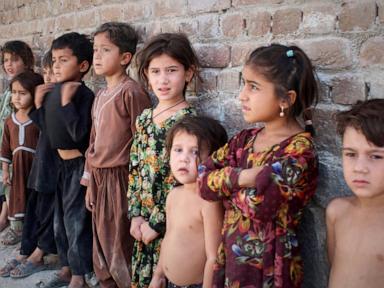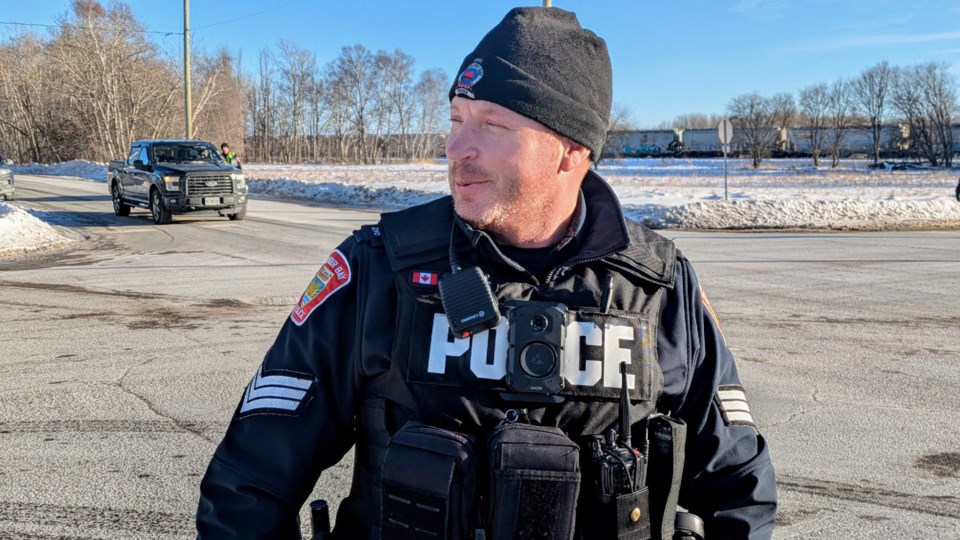Polio Fight Faces Setbacks Amid Misinformation and Mismanagement

Polio eradication efforts are encountering significant challenges in Pakistan and Afghanistan, primarily due to misinformation, mismanagement, and logistical failings. The Global Polio Eradication Initiative (GPEI), which has invested over $20 billion in global vaccination efforts, is facing scrutiny as the number of polio cases surges. Despite earlier successes, including a record low of five cases in 2021, the total number of cases jumped to 99 in 2022, and officials have missed multiple self-imposed deadlines for eradication.
Challenges in Vaccination Campaigns
For the past decade, Sughra Ayaz, a health worker in southeastern Pakistan, has dedicated her efforts to persuading families to vaccinate their children against polio. She encounters a range of objections, from practical concerns about basic needs like food and water to unfounded fears that the vaccine is intended to sterilize children. In a troubling trend, some campaign managers have instructed workers to falsely report vaccinations to meet targets. Ayaz noted, “In many places, our work is not done with honesty.”
The GPEI, established in 1988, aimed to eradicate polio globally, a feat achieved only once with smallpox in 1980. However, the initiative’s strategies have come under fire, with insiders describing a reliance on outdated methods and a problematic oral vaccine. Internal documents obtained by the Associated Press detail instances of falsified vaccination records and unqualified personnel administering vaccines.
Officials often tout the campaign’s successes—over 3 billion children vaccinated and an estimated 20 million cases of paralysis averted. Yet, the continued transmission of polio in Afghanistan and Pakistan, the last two countries where the disease persists, underscores the urgent need for reform.
Local Realities and International Expectations
In both countries, entrenched cultural beliefs and misinformation pose barriers to vaccination efforts. Many local health workers emphasize that when they visit homes to offer vaccinations, they often face hostility or find that families have moved. “Most of the time when we go to vaccinate and knock on the door, the head of the house is not at home,” one worker explained. Cultural sensitivities often complicate their mission, particularly when male family members are absent.
Despite these challenges, Dr. Jamal Ahmed, the WHO’s polio director, remains optimistic about the future. He cited tailored responses to resistant communities and predicted that polio transmission could be halted within the next 12 to 18 months. The current eradication target is set for 2029, with approximately 45 million children in Pakistan and 11 million in Afghanistan needing vaccination this year.
Experts, including Dr. Zulfiqar Bhutta, argue that the GPEI must adapt its approach to address the challenges it faces. He stated, “Continuing blindly with the same strategies… is unlikely to lead to a different result.” Internal WHO reviews have flagged issues over the past decade, including untrained personnel administering vaccines and improperly managed vaccine storage, which can compromise their effectiveness.
The oral vaccine, while proven safe and effective for the majority, carries risks. Rarely, for every 2.7 million doses given, one child may experience paralysis from the live virus in the vaccine. This has led to vaccine-derived outbreaks in areas with low immunization rates. Experts now advocate for a shift towards injectable vaccines, which do not use live virus but are more expensive and require trained personnel.
As funding for the GPEI faces potential cuts, many are questioning the allocation of resources. Reports indicate that significant funds have not translated into progress, leading to protests from local communities demanding assistance for other pressing health needs, including treatment for measles and tuberculosis. In Karachi, residents expressed frustration over the focus on polio amidst other dire issues such as contaminated water and addiction.
Moreover, the legacy of past public health initiatives, such as a CIA-led fake vaccination campaign in 2011, has further eroded trust in vaccination efforts. Conspiracy theories proliferate, with some villagers believing the vaccine could harm their children’s fertility. Such sentiments reflect a broader public health challenge that complicates the ongoing fight against polio.
As the GPEI navigates these formidable obstacles, the path forward will require not only a reassessment of strategies but also a renewed commitment to building trust within communities. With the specter of polio still looming, the stakes remain high for the children at risk.






